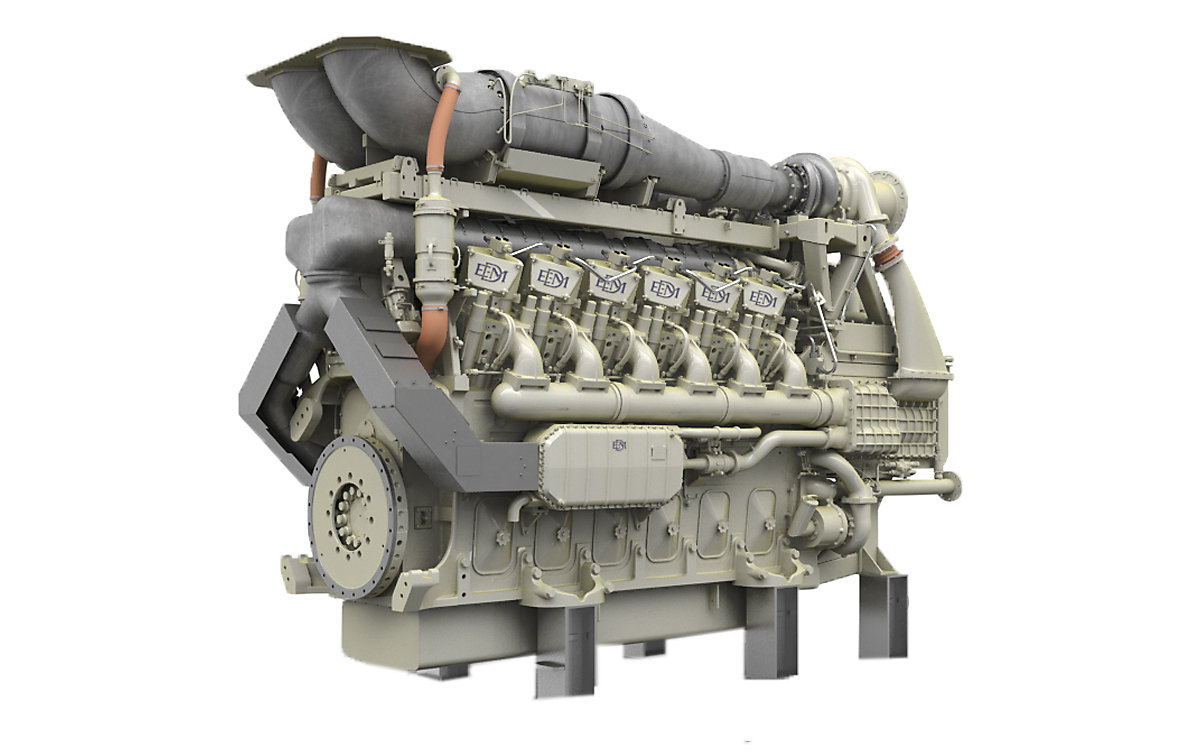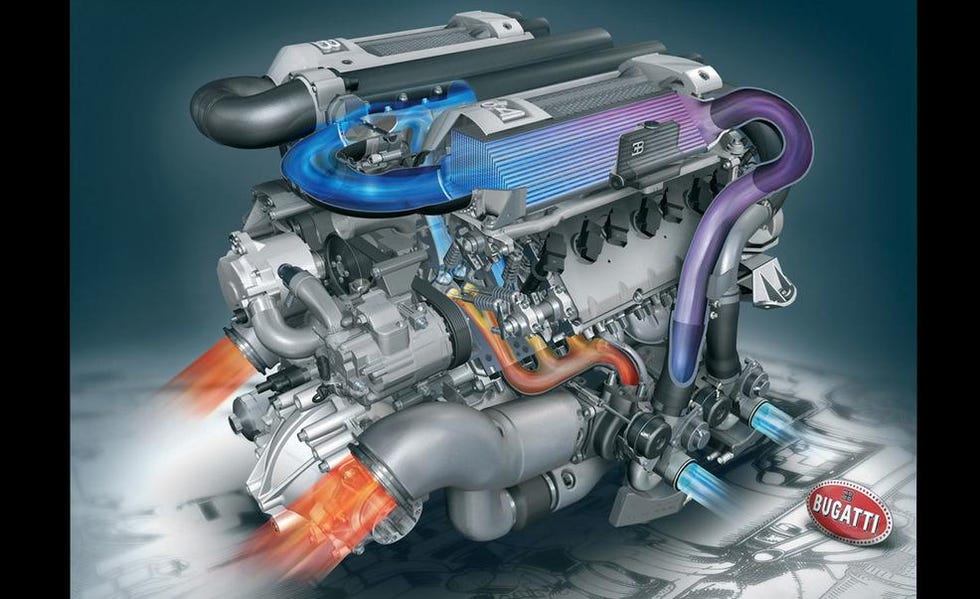Locate High-Quality Imports with Engines For Africa
Locate High-Quality Imports with Engines For Africa
Blog Article
A Full Guide to Choosing the Right Engine for Your Project
Choosing the ideal engine for your job is a critical decision that can significantly affect its total success. It is essential to meticulously specify your project needs, examine performance requirements, and take into consideration user-friendliness alongside other necessary factors. Additionally, comprehending the area support available and looking at price effects can better refine your option. Each of these aspects plays a pivotal role in ensuring that your chosen engine not just fulfills prompt goals yet also aligns with long-term goals. As we check out these considerations, you might discover that the nuances of each aspect disclose greater than initially expected.
Define Your Task Requirements
Specifying your job needs is a critical action in picking the appropriate engine for successful execution. A detailed understanding of your project's purposes will guide you in determining the capabilities and functions needed from an engine. Begin by detailing the range of your job, including the preferred functionality, target market, and the specific results you aim to attain.
Next, think about the technological demands that align with your project goals. This includes evaluating the compatibility of the engine with existing systems, along with the programming languages and frameworks that will be utilized. In addition, analyze the level of scalability called for to suit future development or adjustments sought after.
Budget restraints also play an essential function in defining your job needs. Establish a clear economic framework to assist your decision-making process, guaranteeing that the engine chosen fits within your budget plan while providing the necessary functionality.
Evaluate Performance Needs

Engines that support straight scaling are often more effective for bigger applications. In addition, assess the engine's efficiency under various problems, such as peak usage scenarios, to ensure it meets your integrity standards.
Consider Ease of Use
While technical requirements are vital, the convenience of usage of an engine can significantly affect the development process and general task success. An intuitive interface, clear documentation, and streamlined workflows can significantly reduce the knowing curve for developers, allowing them to concentrate on creativity and problem-solving rather than coming to grips with complicated tools.
When examining an engine's convenience of usage, take into consideration the onboarding experience. A well-structured intro, complete with tutorials and example jobs, can assist in a smoother shift for brand-new individuals. Furthermore, the clearness and comprehensiveness of the engine's documentation play an important function; extensive guides and API referrals can equip designers to troubleshoot and implement attributes effectively.
An engine that enables for very easy adjustments can be extra user-friendly, as designers can customize it to fit their certain needs without considerable hassle. Ultimately, picking an engine that prioritizes ease of use can lead to a more productive and pleasurable advancement experience.
Assess Area and Assistance
The strength of an engine's neighborhood and assistance network can significantly influence a developer's experience and success. A dynamic area frequently shows a riches of shared understanding, resources, and troubleshooting assistance that can enhance your job's growth process. When evaluating an engine, think about the dimension and task degree of its neighborhood. Bigger areas normally use a lot look at these guys more discussion forums, tutorials, and third-party plugins, making it possible for developers to find remedies extra successfully.
Furthermore, assess the accessibility of official assistance browse this site networks. Dependable documents, responsive consumer assistance, and normal updates are important for resolving technological issues and maintaining your job on the right track. Engines For Africa. Active areas also foster partnership, giving opportunities for networking and responses, which can be important, particularly for small teams or independent developers
Furthermore, check out the existence of community-run events, such as meetups or hackathons. These gatherings can improve your understanding of the engine while linking you with possible partners and skilled individuals. In recap, a durable area and support group not only simplify growth but likewise create an atmosphere for learning and innovation, eventually boosting the likelihood of your task's success.
Compare Expense and Licensing Choices
Spending plan considerations play a crucial role in selecting the best engine for your job, as the price and licensing alternatives can significantly affect both short-term expenses and long-term practicality. Engines For Africa. Different engines provide varying prices structures, which can include single acquisition costs, registration versions, or revenue-sharing contracts based upon your job's profits

Certifying alternatives also vary substantially. Some engines are open-source, providing adaptability and community-driven support, while others might require exclusive licenses that restrict usage and distribution. Comprehending the effects of each licensing design is important, as it affects possession rights, future scalability, and prospective legal commitments.
Final Thought
To conclude, picking the ideal engine for a project requires an extensive analysis of defined job needs, efficiency demands, convenience of use, area support, and expense factors to consider. By methodically resolving these crucial aspects, decision-makers can make sure alignment with both existing and future task demands. An educated choice her explanation ultimately enhances the likelihood of job success, making it possible for effective resource allocation and maximizing prospective end results within the specified financial restrictions.
Choosing the suitable engine for your task is a vital decision that can dramatically influence its general success.Specifying your project needs is a vital action in selecting the suitable engine for successful implementation. An extensive understanding of your project's objectives will direct you in determining the capabilities and attributes called for from an engine.As soon as you have a clear understanding of your task needs, the next step is to assess the performance requirements of the engine.In verdict, choosing the suitable engine for a project requires a detailed analysis of defined task requirements, performance demands, simplicity of use, community support, and price considerations.
Report this page